What is Raw Vegan Diet
Pros and Cons of Raw vegan diet!
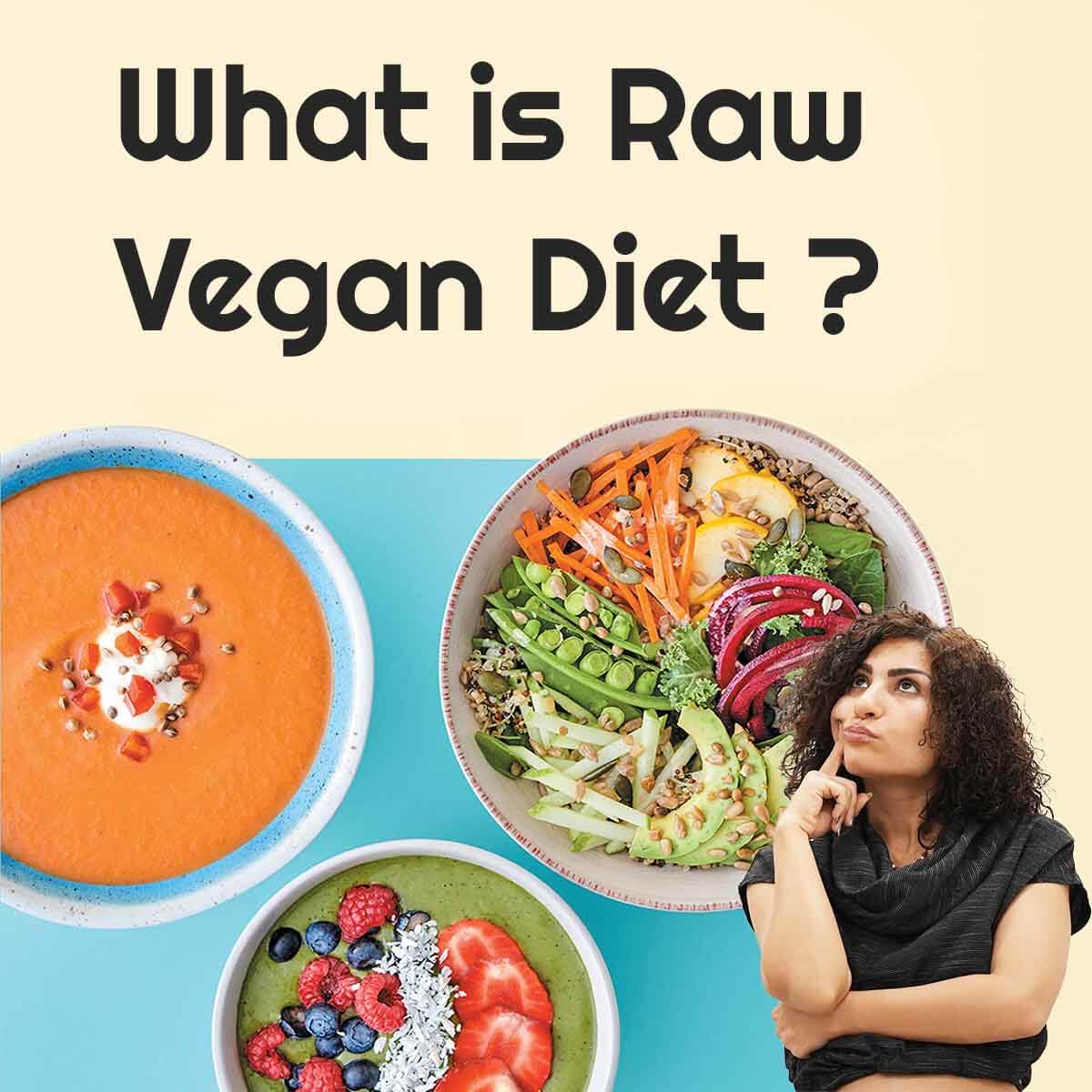
In this article you will read:
A Beginner’s Guide to the Raw Vegan Diet: What is a Raw Vegan? Pros and Cons of Going Raw!
The raw vegan diet (also known as a raw vegans diet) is one of the most popular diets today. If you’re reading this, then you must be curious about what it’s all about. Raw veganism is growing in popularity because it allows people to eat deliciously and also be healthy at the same time. Compared to other types of eating, the raw vegan diet has many advantages. It can help you lose weight, prevent diabetes, lower your cholesterol levels and much more. In this article, we will discuss everything about this unique diet.
What can vegans not eat? Vegan Prohibited Food List
What is a Raw Vegan Diet?
Raw veganism is a diet that is focused on consuming only raw, vegan foods. Raw foods include fruits, vegetables and nuts. Raw vegans avoid all types of dairy products and other types of animal products as well. Raw vegan diets are rising in popularity because they’re great for you. They’re also a great lifestyle choice if you’re looking to improve your well-being. You’ll want to avoid many diseases and stay as healthy as possible, right? What better way to do this than by eating a diet high in fruits and vegetables? Raw vegan diets are also a great option for anyone who wants to lose weight. This is because raw vegan diets are extremely low in calories and fat, while being high in fiber and water. You’ll find that you naturally slim down while eating foods that are full of vitamins, minerals, enzymes and more.
What does it mean to follow a raw vegan diet?
- People who eat raw vegan diets don’t cook, heat, or process their meals.
- Food is considered raw if it has not been exposed to temperatures higher than 118 °F (48 °C).
- A raw vegan diet can be defined as one that includes 50–74% raw foods.
Raw vegan people prepare food in the following ways instead of cooking:
- germinating or sprouting
- blending
- dehydrating
- soaking
- juicing
People may also include dehydrated food, such as:
- raw desserts
- cereals
- crackers
- raw bread
The Raw Vegan diet is perfect if you’re looking to lose weight and stay fit.
Reasons You Should Be On A Raw Vegan Diet; why raw vegan
By now you may have noticed that many celebrities and athletes are choosing to go on a raw vegan diet. However, if you’re not already doing so, a plant-based diet can be an excellent way to improve your overall health. Here are some of the benefits:
- A raw vegan diet can help promote weight loss.
- It’s an easy way to reduce your risk of heart disease, diabetes, and other diseases.
- It’s a good way to reduce inflammation in your body, which can help with a number of conditions, including arthritis and eczema.
- It provides you with more energy since it’s high in antioxidants.
- You’ll feel better since it’s much healthier than a typical Western diet.
- Many people who go on a raw vegan diet report feeling happier and more calm.
- A raw vegan diet is high in vitamins and nutrients such as antioxidants and phytochemicals. It can help you lose weight, increase energy levels, and improve overall health.
- Raw vegan diets are becoming more popular because they are healthy and environmentally friendly.
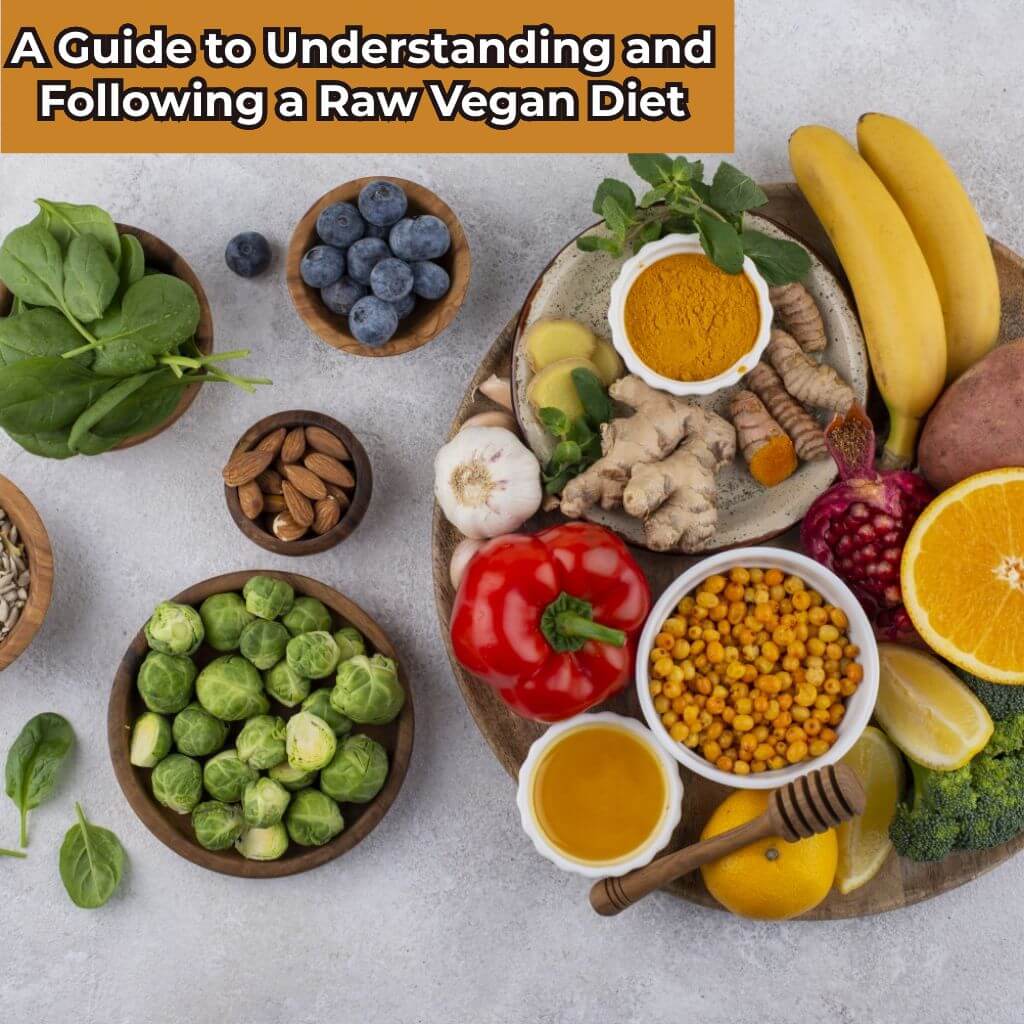
Raw vegan pros
– Weight loss –
The Raw Vegan diet is extremely low in calories, fiber and fat. The result? You’ll feel full longer and be more likely to avoid overeating. Plus, the Raw Vegan diet is rich in nutrients, making it an excellent weight loss diet.
– Healthy Heart –
Ever wonder why fruits and vegetables are considered to be so heart-healthy? The Raw Vegan diet is high in antioxidants and minerals that are great for your heart.
– Improved Digestion –
Raw fruits and vegetables are full of vitamins, minerals and enzymes that are great for improving digestion.
– Better Mental Health –
Fruits and vegetables are high in tryptophan, an amino acid that is essential for our brains. This makes people who follow a Raw Vegan diet very calm and relaxed.
– Strong Immune System –
Raw foods are high in vitamins and minerals that are essential for the immune system. This will make you less likely to get sick, thus improving your mental health.
– High in fiber –
Raw foods are full of fiber, which is essential for a healthy digestive system. This will make it harder to gain weight since you’ll be feeling full longer.
– Full of vitamins –
Raw foods are high in vitamins and minerals that are essential for good health and weight loss. This will make you feel more energetic and less likely to be sick.
– High in enzymes –
Raw foods are full of enzymes that are essential for digestion. This will make you poop much less frequently, improving your health in other ways too.
– No pesticide residue –
Raw foods are not exposed to pesticide residues, making them much more nutritious than other types of fruits and vegetables.
– Clean Eating –
A raw vegan diet is extremely clean compared to eating cooked foods. Raw food contains no dead bacteria, which is what allows us to digest it properly. This makes raw vegan diets excellent for people who are looking to stay away from processed foods.
– A lesser chance of food poisoning –
Raw foods are not exposed to deadly bacteria and germs that are present in most cooked foods. This makes raw vegan diets a bit safer than other types of eating.
– Fewer calories –
Raw foods are extremely low in calories because they don’t contain any sugar or starch. The Raw Vegan diet is perfect if you’re looking to lose weight and stay fit.
– Anti-inflammatory –
Fruits and vegetables are packed with anti-inflammatory elements that are great for your body. This will make you feel much better and be less likely to get sick.
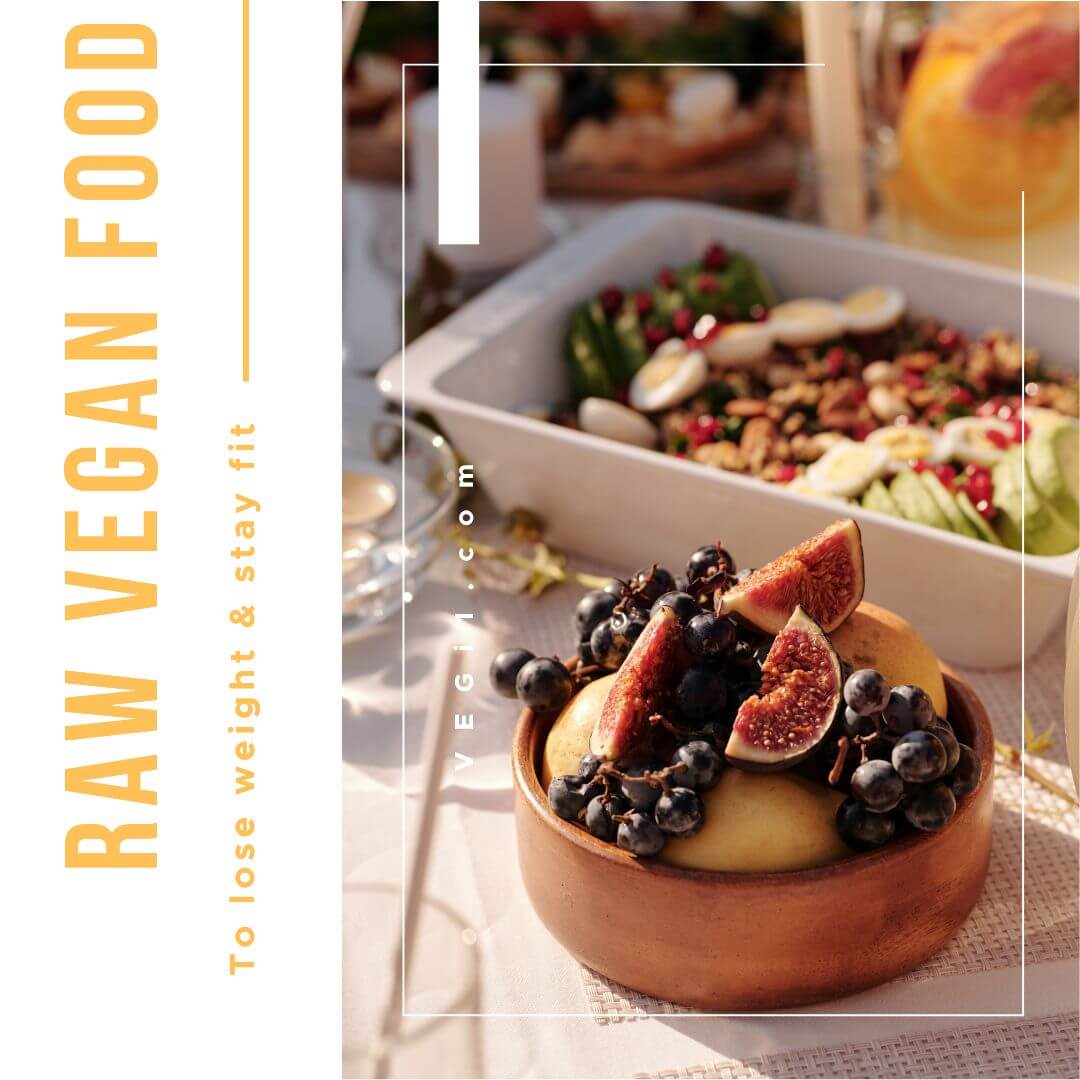
Raw vegan cons
– Difficulty in finding recipes –
You might find it challenging to come up with recipes for a raw vegan diet since raw foods do not contain any cooking ingredients.
– More work –
The Raw Vegan diet requires you to prepare your meals, which can be time-consuming.
– More time-consuming –
The Raw Vegan diet requires you to spend more time preparing your meals, thus negating the time-saving aspects.
– Low protein –
Despite being low in calories and fat, the Raw Vegan diet is very low in protein, making it an excellent choice for people who are trying to lose weight.
– Difficulty in finding food replacements –
Because raw foods do not contain any cooking ingredients, you might have a tough time finding food replacements.
How to become a raw vegan?
There are many ways to become a raw vegan, but the best way is to start with a low-carb diet, then transition to a raw vegan diet. This way, you will reduce the risk of getting food poisoning or stomach cramps. If you want to try out a raw vegan diet, there are a few things you should keep in mind. The first thing you should keep in mind is that raw vegan diets are very low in calories and fat while being high in fiber and water. This will make you feel full longer, while also making you more likely to avoid overeating. Secondly, make sure you consume raw fruits, vegetables and nuts. These are the only raw foods that are recommended for a raw vegan diet. You should also consume raw sprouted seeds, raw nuts, raw sprouted beans and raw sprouted legumes. You should also consume raw vegan foods at least three times a day. This will make sure you get adequate amounts of vitamins, minerals, enzymes and more. While you can follow a raw vegan diet for 30 days, you should make it a lifestyle change, not just a diet change. This way, you will be more likely to stick to it.
How to start raw vegan diet?
When following a raw vegan diet, you should eat at least 75% of your food raw or lightly cooked at temperatures below 104–118°F (40–48°C). You must avoid all animal products and consume ample quantities of fruits, vegetables, nuts, and seeds. Grains and legumes may be eaten as long as they are soaked or sprouted beforehand.
What foods are allowed in the raw vegan diet?
Nuts and seeds: You can get proteins and vitamins from nuts and seeds throughout the day, but be careful not to overdo it.
Fruits: You can eat fruits fresh or take fruit juice and use it throughout the day or use dry fruit.
Vegetables : You can eat fresh vegetables raw or steam them at a low temperature
Cereals and legumes: Soak grains and legumes in water for a few hours and consume them raw or use grain sprouts such as lentil sprouts, barley sprouts, etc.
Vegan milk: You can use all kinds of vegan milk, such as almond milk, coconut milk, hazelnut milk, and barley milk.
Butter and oil: In the raw vegetable diet, you can use all vegetable butters and raw nut butters, such as hazelnut butter, sesame butter, and peanut butter. You can also use cold pressed oils such as olive oil, sesame oil, corn oil.
Seasonings and sweeteners: You can use maple syrup and unprocessed raw cocoa powder and seasonings such as vinegar, pickles, and soy sauce in the raw vegan diet.
legumes and grains :You can eat all kinds of legumes and grains, such as quinoa, buckwheat, and rice, raw or sprouted or germinated.
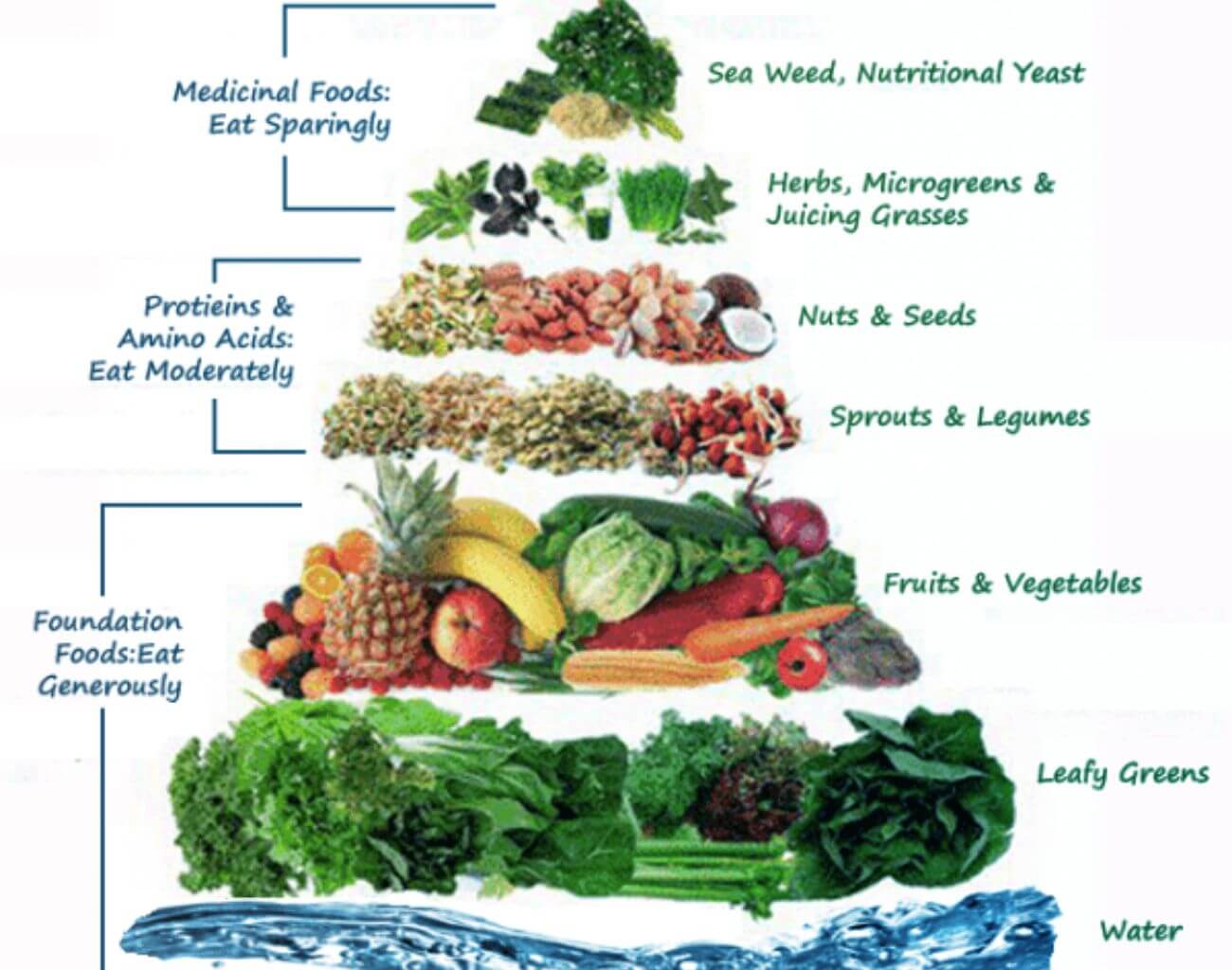
What foods can’t you eat?
- Roasted nuts and seeds
- Coffee and tea
- Refined oils
- Refined sugars and flours
- Processed foods and snacks, such as chips and pastries
- Cooked fruits, vegetables, grains and legumes
- Baked goods
- Pasteurized juices
- Alcohol
- pasta products
- refined flour
- cooked and processed food
Why does the Raw Food diet work for weight loss?
The Raw Food diet is extremely low in calories and fat while being high in fiber and water. This will make you feel full longer, while also making you more likely to avoid overeating. When following a raw vegan diet, you’ll be consuming a high amount of fruits and vegetables. These are without a doubt two of the healthiest foods you can consume. Raw vegan diets are high in fiber and water because it’s a very low-calorie diets. In addition, raw vegan diets are very low in fat, making them perfect if you’re looking to lose weight. These factors make it an excellent diet for weight loss, while also making it a healthy lifestyle choice.
What is the difference between vegan and raw vegan diet
Many people are looking for a healthier, more wholesome diet and so the raw vegan diet can be a great way to eat. It’s simply a plant-based diet where you avoid eating any animal products such as meat, dairy, and eggs. However, there is more to it than that. For example, some raw vegans may also choose to consume 100% whole foods and steer clear of processed foods in order to stay away from additives and preservatives. Others may choose to follow a more strict version of the diet where they eat only raw foods and other foods that have not been cooked through.
Raw veganism is a diet that is completely free of dairy and animal products, including meat, fish, and poultry. This includes all types of plant-based diets, including vegan, vegetarian and raw food diets. Raw vegans do not use cooking oils or heat their food to high temperatures. They also consume fresh fruits and vegetables in large quantities.
Sometimes people may refer to a raw vegan diet as being “raw,” which is not entirely accurate. While it is true that a raw vegan diet contains no cooked foods, it’s important to note that the term “raw” can refer to several different types of plant-based diets that don’t include any processed foods or oils. For example, a raw vegan diet may include some cooked foods, such as fruit smoothies or baked goods made with nuts and seeds. A raw vegan diet may also include some cooked foods if they are prepared at lower temperatures than normally used for baking or other cooking methods.
Learn more about the vegan diet:What is Veganism
Conclusion
Raw vegan diets are growing in popularity because they allow people to eat deliciously and also be healthy at the same time. Raw vegan diets are very low in calories, fat and sugar, while being high in fiber and water. They are also high in vitamins, minerals, enzymes and more. Raw vegan diets are perfect for weight loss, while also being excellent for your heart, digestion, immune system and much more.
Have you tried the thirty-day raw vegetarian course?
Please share your experiences with me in the comments below this post!
Finally, I will answer your questions about the raw vegan diet
What is a high raw vegan diet?
A high raw vegan diet is one that primarily consists of raw foods, such as fruits and vegetables. In addition, it may also include small amounts of cooked beans, nuts, seeds, and other plant foods. Raw vegan diets typically contain a relatively high amount of fiber and nutrients. This is because many raw foods are high in fiber, vitamins, and minerals. In addition, fiber has the ability to help you feel full so you eat fewer calories overall. It’s important to note that a high raw vegan diet isn’t meant to be restrictive. Instead, it should be viewed as an opportunity to eat a variety of healthy foods and reap the many benefits that come with eating a plant-based diet.
While there’s no single definition for a “high” raw vegan diet, common guidelines include consuming between 80 and 100 percent raw foods (e.g., fruits, vegetables, nuts/seeds) with no more than 15% cooked foods per day (e.g., legumes/beans).
Learn more about the high raw vegan diet:What is a High Raw Vegan
What is allowed on a raw vegan diet?
A raw vegan diet allows for the consumption of fruits, vegetables, nuts, seeds, and legumes. However, generally, a raw vegan diet excludes all animal products, including meat, dairy, eggs, and honey.
What is a raw vegan ketogenic diet?
A raw vegan ketogenic diet is a diet that is high in healthy fats, low in carbohydrates, and moderate in protein.
what is the difference between vegan and raw vegan diet
Vegan and raw vegan diets eliminate all animal products, including eggs and dairy products, from the diet. It is also allowed to consume everything from fruits, vegetables, grains, legumes, nuts and seeds.
But raw vegans remove cooking from their diet, and most raw vegetarian meals are fresh fruits and vegetables or they soak beans in water for several hours and eat them raw.
Raw vegetarians eliminate processed foods and sometimes raw vegetarian foods are prepared at very low temperatures.
Can you survive on a raw vegan diet?
Some potential benefits of a raw vegan diet include increased energy, better digestion, reduced inflammation, and improved overall health. However, it is important to be aware that a raw vegan diet is not always easy to follow, and requires a lot of dedication and patience. If you are interested in trying a raw vegan diet, be sure to speak to a qualified health professional first to ensure that it is the right fit for you.


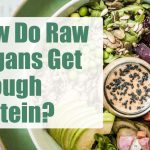
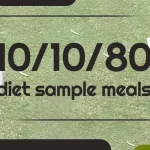
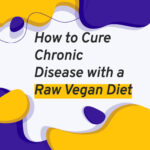
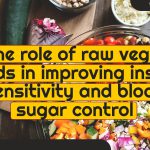
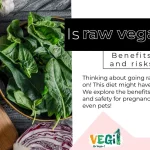
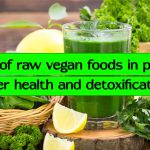

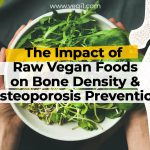

I was particularly impressed by your section on the nutritional benefits of a raw vegan diet. I’m seriously considering trying this diet out for myself!